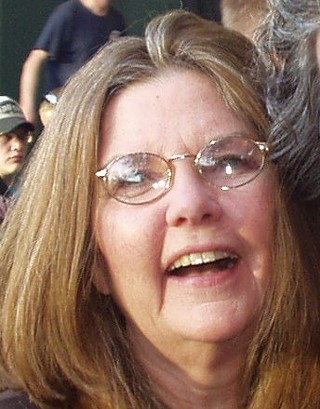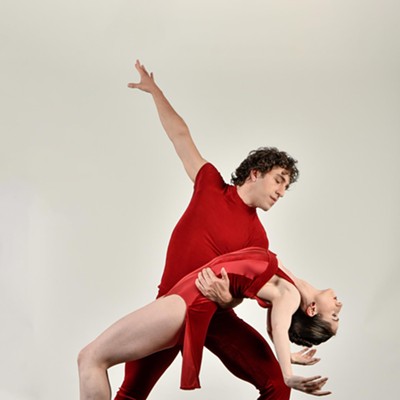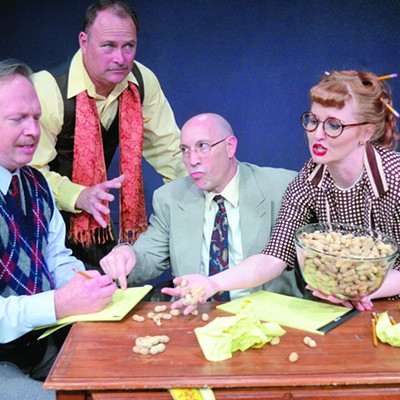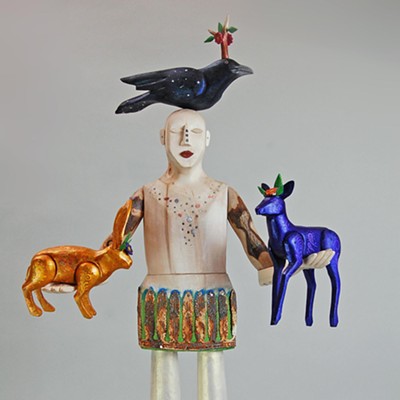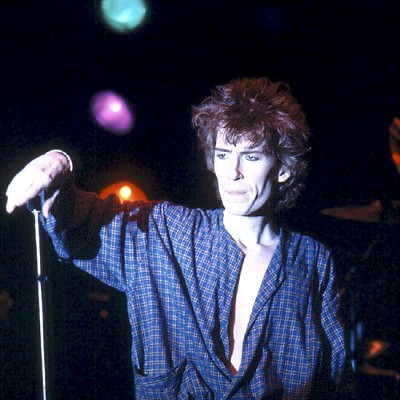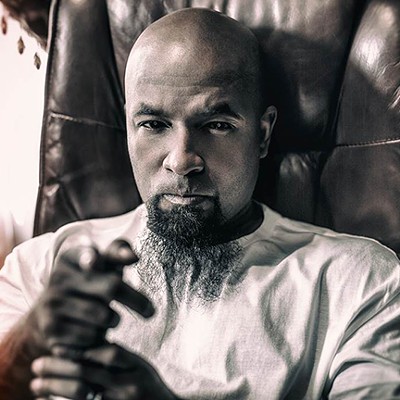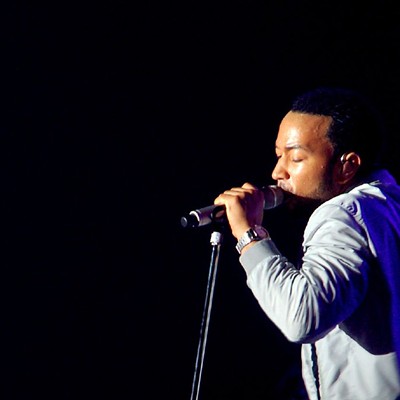CARRIE RODRIGUEZ, ROMANTICA
PLUSH
Monday, May 11
Seeing Carrie Rodriguez play on the Plush stage Monday night, it was clear that at the age of 30, she's earned her place as a headlining solo act, whatever her advantages.
Her Miss America smile lit up the room. "It's our first time in Tucson," she said, "so I'd have been happy if five people showed up!" Many times that number cheered her and invited her back.
Rodriguez' great aunt, Eva Garza, recorded on the Decca label in the 1950s, and Lucinda Williams considers her father—songwriter, attorney and activist David Rodriguez—a genius and a close friend. Carrie has played violin since age 5, and when she was in conservatory at Oberlin College, family friend Lyle Lovett invited her to sit in on a sound check. She says that's when she realized she didn't have the feel. Her solution was to transfer to the Berklee College of Music.
The road to failure is littered with folks who had advantages but lacked the talent, drive, character, personality or work ethic to capitalize. Rodriguez is not lacking in any of these areas; she paid her dues, via a five-year stint accompanying Chip Taylor, brother of actor Jon Voight and author of top hits for Janis Joplin, Waylon Jennings and Willie Nelson, among others. Recording, writing and touring with him, she honed her fiddling skills, and he increasingly urged her to use her lyrical, but earthy, voice.
Taylor was a key figure on her debut album, Seven Angels on a Bicycle, released in 2006, but on her 2008 release, She Ain't Me, Rodriguez came fully into her own, evolving a more mature and broader range of material and working with songwriters who challenged her boundaries.
She Ain't Me was produced by Malcolm Burn, Emmylou Harris' pick for Wrecking Ball. Burns' atmospherics are difficult to reproduce on small stages, but without them, the strength of Rodriguez's songs was more apparent. Near the end of the set, she brought on members of opener Romantica to achieve more texture.
The highlight of the set was an emotional cover, in Spanish, of one of Garza's hits about a treacherous love, while the brutally haunting "Absence," co-written with Mary Gauthier, highlighted the now-considerable "feel" of her fiddle-playing.

